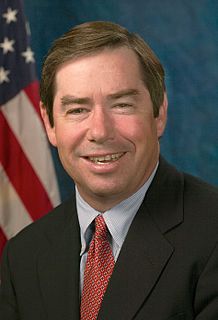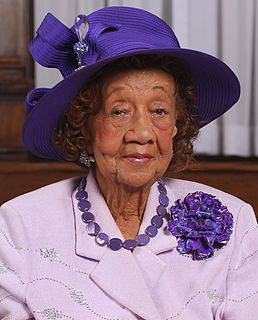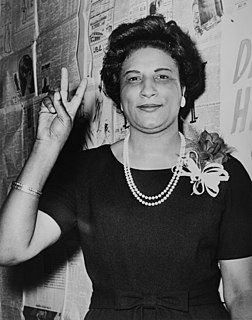A Quote by Adam Lambert
I'm trying to be a singer, not a civil rights leader.
Related Quotes
For black politicians, civil rights organizations and white liberals to support the racist practices of the University of Michigan amounts to no less than a gross betrayal of the civil rights principles of our historic struggle from slavery to the final guarantee of constitutional rights to all Americans. Indeed, it was practices like those of the University of Michigan, but against blacks, that were the focal point of much of the civil rights movement.
They came up with a civil rights bill in 1964, supposedly to solve our problem, and after the bill was signed, three civil rights workers were murdered in cold blood. And the FBI head, Hoover, admits that they know who did it, they've known ever since it happened, and they've done nothing about it. Civil rights bill down the drain.
Contrary to the claims of the supporters of the Civil Rights Act of 1964 and the sponsors of H.Res. 676, the Civil Rights Act of 1964 did not improve race relations or enhance freedom. Instead, the forced integration dictated by the Civil Rights Act of 1964 increased racial tensions while diminishing individual liberty.
My friends, to those who say that we are rushing this issue of civil rights, I say to them we are 172 years late. To those who say that this civil-rights program is an infringement on states’ rights, I say this: The time has arrived in America for the Democratic Party to get out of the shadow of states' rights and to walk forthrightly into the bright sunshine of human rights.




































